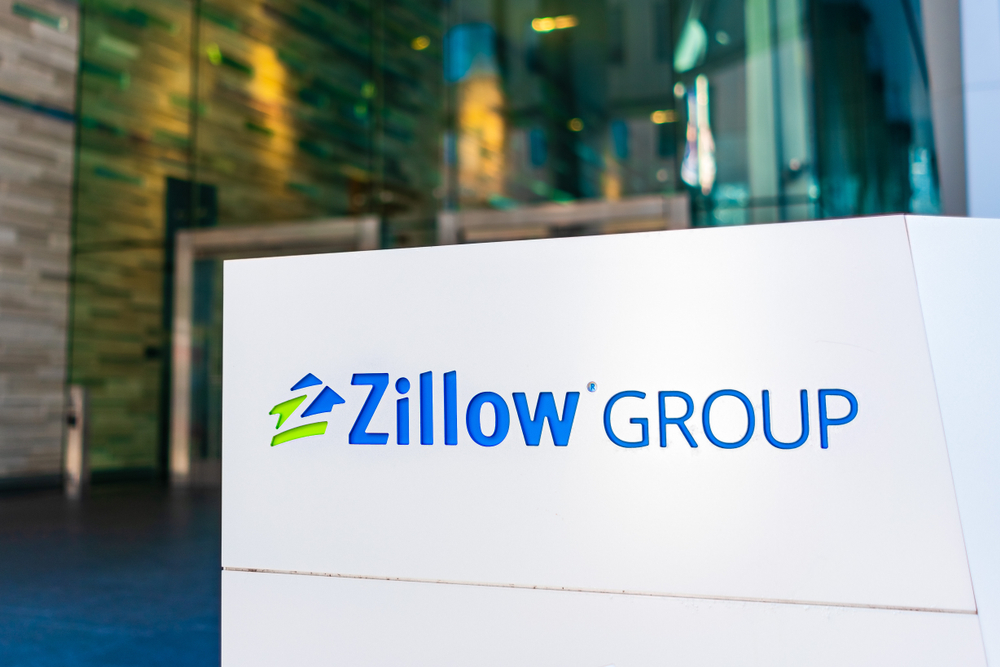
Many homeowners are waking up to an unpleasant surprise: their homes aren’t worth as much as they thought. “Zillow Shock” describes the moment when a homeowner checks their home’s Zestimate and finds a much lower value than expected. This matters because your home’s value isn’t just a number on a screen—it impacts your wealth, your ability to refinance, and your plans for the future. When the market shifts or online estimates change quickly, real dollars are at stake. Understanding “Zillow Shock” can help you avoid costly mistakes and make smarter decisions about your biggest asset.
Let’s look at why some homeowners are losing thousands from this phenomenon, and what you can do to protect yourself.
1. Overreliance on Zestimates
Many people treat Zillow’s Zestimate as gospel. But Zestimates are only automated estimates, not appraisals. They’re based on available data, which isn’t always current or accurate. When the algorithm misses recent renovations or unique features, your home’s value might be underestimated by tens of thousands of dollars.
Some sellers price their homes below market value, losing out on equity. Others use Zestimates to negotiate with lenders or buyers, only to be caught off guard when a professional appraisal tells a different story. “Zillow Shock” happens when you trust the algorithm more than local knowledge or expert advice.
2. Rapid Market Changes
Housing markets can change fast. In 2020 and 2021, home prices soared in many regions. But by 2023, some markets cooled, and Zestimates adjusted quickly—sometimes overnight. If you planned to sell or refinance based on last month’s numbers, you might be shocked to see your home’s value drop by $20,000 or more.
This volatility leads to real financial pain. Sellers may have to lower their asking prices or accept less favorable loan terms. “Zillow Shock” can also affect your confidence and delay important financial decisions.
3. Hidden Data Errors
Automated valuation models rely on public records and user-submitted data. If your local records are outdated or contain errors, your Zestimate will be off. For example, if the square footage is recorded incorrectly or a recent addition isn’t listed, the algorithm won’t give you credit for those improvements.
These data errors mean your home might be undervalued—sometimes by tens of thousands of dollars. Homeowners experiencing “Zillow Shock” often find that fixing these mistakes requires patience and persistence, and some never notice the errors at all.
4. Impact on Home Equity Loans and Refinancing
Many homeowners use their property’s value to secure home equity loans or refinance their mortgages. Lenders often check online estimates like Zillow’s as part of their review process. If your Zestimate drops suddenly, you could lose access to thousands of dollars in borrowing power.
Imagine planning a remodel based on a certain loan amount, only to find that your home’s value doesn’t support the loan. “Zillow Shock” can disrupt your plans and cost you real money in lost opportunities.
5. Emotional Decisions Based on Estimates
It’s easy to get attached to a number—especially if it’s higher than you expected. But when the estimate drops, homeowners sometimes panic and make rash decisions. Some may rush to sell, thinking the market will get worse. Others might hold off on needed repairs, hoping values will rebound.
These emotional reactions can lead to poor financial outcomes. The key is to use Zestimates as one tool among many, not the final word on your home’s value. “Zillow Shock” often results from forgetting this distinction.
How to Protect Yourself from “Zillow Shock”
If you want to avoid losing thousands because of “Zillow Shock,” start by understanding what your Zestimate really means. It’s a starting point, not a guarantee. Get a professional appraisal or a comparative market analysis from a trusted real estate agent for a more accurate picture.
Regularly check your public records for errors and update them when needed. If you’ve made improvements or renovations, make sure they’re reflected in the official data. Don’t base major decisions solely on online estimates—talk to local experts who know your market.
Finally, keep in mind that all automated tools have limitations. Zillow’s algorithm is improving, but it still can’t capture the full story of every home. If you’re considering a big move—like selling, refinancing, or taking out a loan—get multiple opinions.
Have you experienced “Zillow Shock” or found your home’s value to be wildly different from what you expected? Share your story or questions in the comments below!
What to Read Next…
- How Homeowners Associations Are Targeting Retirees With Fines
- The Subtle Home Smells That Real Estate Agents Say Ruin Sales
- 10 Items That Could Void Your Homeowners Insurance Instantly
- Can You Really Lose Your House Over One Missed HOA Payment
- 7 Homeowner Insurance Exclusions That Void Entire Policies
The post Why Some Homeowners Are Losing Thousands Because of “Zillow Shock” appeared first on The Free Financial Advisor.







